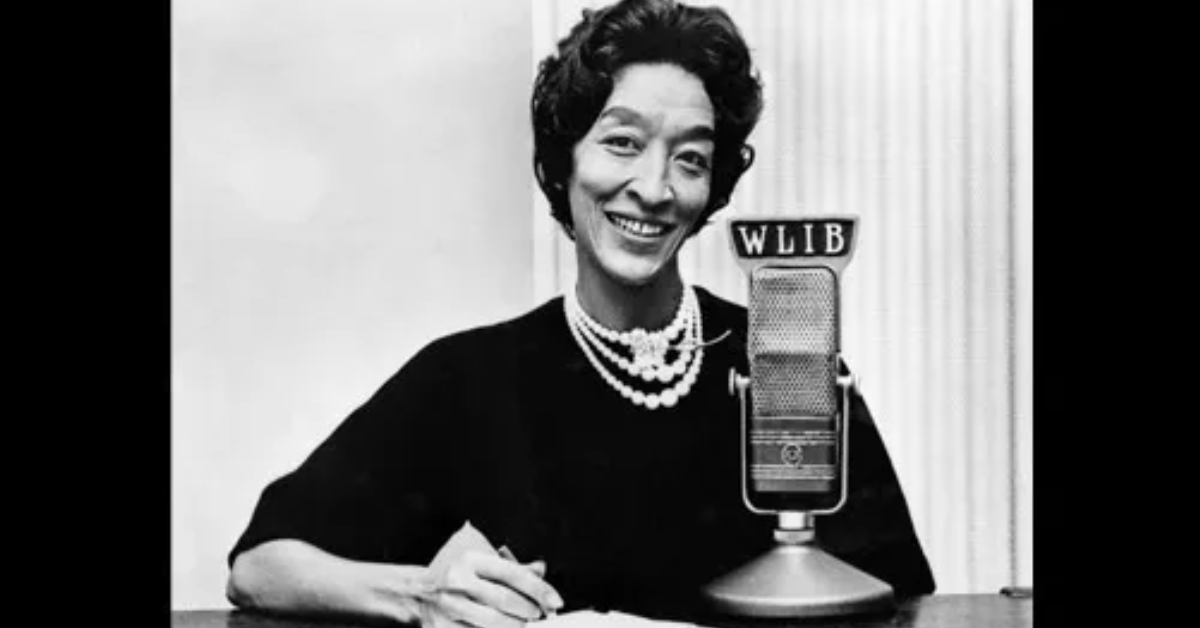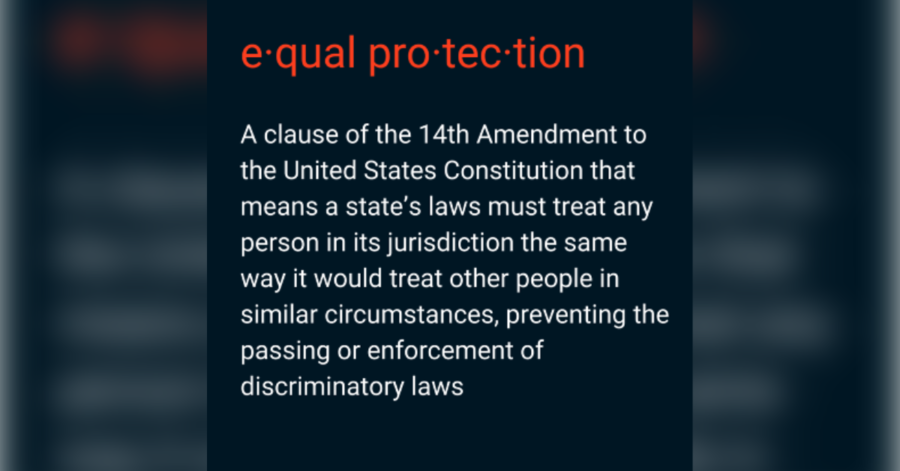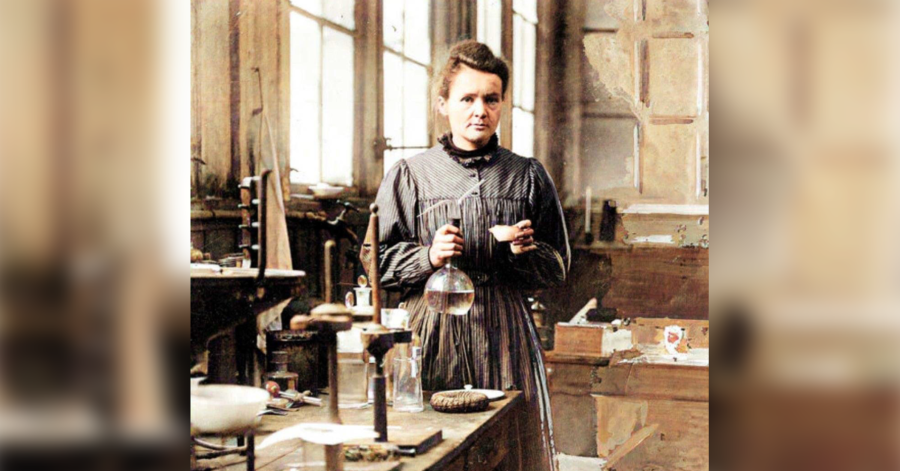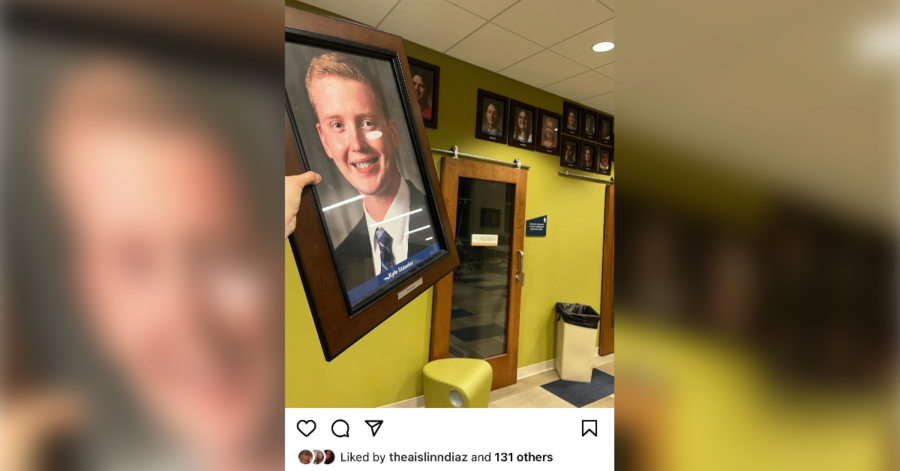The field of journalism has been essential to broadcasting many historical events over time. Journalists have a long list of very important responsibilities they are accountable for—most notably, to tell the truth about what happens in our world. In times of great societal upheaval, there tend to be polarizing groups with equally polarizing views. Oppressive groups seek to control the media, while oppressed groups want to have their experience told. This was the case when journalist Evelyn Cunningham rose to prominence during the Civil Rights Movement. Throughout her career, she worked as a reporter, radio host, special assistant to and leader of an office on women’s affairs for Governor Nelson Rockefeller. Furthermore, she founded an advocacy group called “The National Coalition of 100 Black Women” in 1981. However, while I would love to write about the entirety of her illustrious work history, I will focus on her work as a journalist and radio host, in which she worked hard to tell the stories of Black activists and important events regarding the Civil Rights Movement.
Cunningham was born on Jan. 25, 1916, in North Carolina. When Cunningham was still a child, the family moved to New York City, where she attended elementary and middle school. From here, she would go on to attend college and earn a bachelor’s degree in social sciences in 1943, also attending the Columbia University School of Journalism and the New York School of Interior Design at different points. With the skills she learned in higher education, Cunningham went on to work as a reporter, columnist, and editor for the Pittsburgh Courier—a prominent Black newspaper at the time—from approximately 1940 to 1962. In 1961, Cunningham started a radio show called “At Home with Evelyn Cunningham,” which reported on events occurring across the country—especially those regarding the Civil Rights Movement. Most notably, she covered the work being done by Dr. Martin Luther King Jr. and other prominent activists like Malcolm X.
Over the course of her career, Cunningham was forced to deal with sexist and racist oppression from her counterparts and potential consumers of her content. Cunningham married four times, never having any children, often complaining about how men tried to rob her of her independence. As a Black woman in the field of journalism, Cunningham shined a bright light on the issues Black people were facing, offering a space for our voice to be heard more truly and clearly than in white journalistic spaces. Furthermore, just by being a Black woman in the space, she opened doors for both women and Black people to enter the journalistic space in the future.
As I mentioned, Cunningham leaves behind no children but a vastly magnificent and multifaceted legacy. She was awarded many awards over the course of her career, including New York City’s Century Club’s Women of the Year Award and the Abyssinian Development Corporation’s Harlem Renaissance Award in 1998. Overall, Evelyn Cunningham had a career that was unprecedented in excellence and historical impact, and she deserves every accolade she has received.













